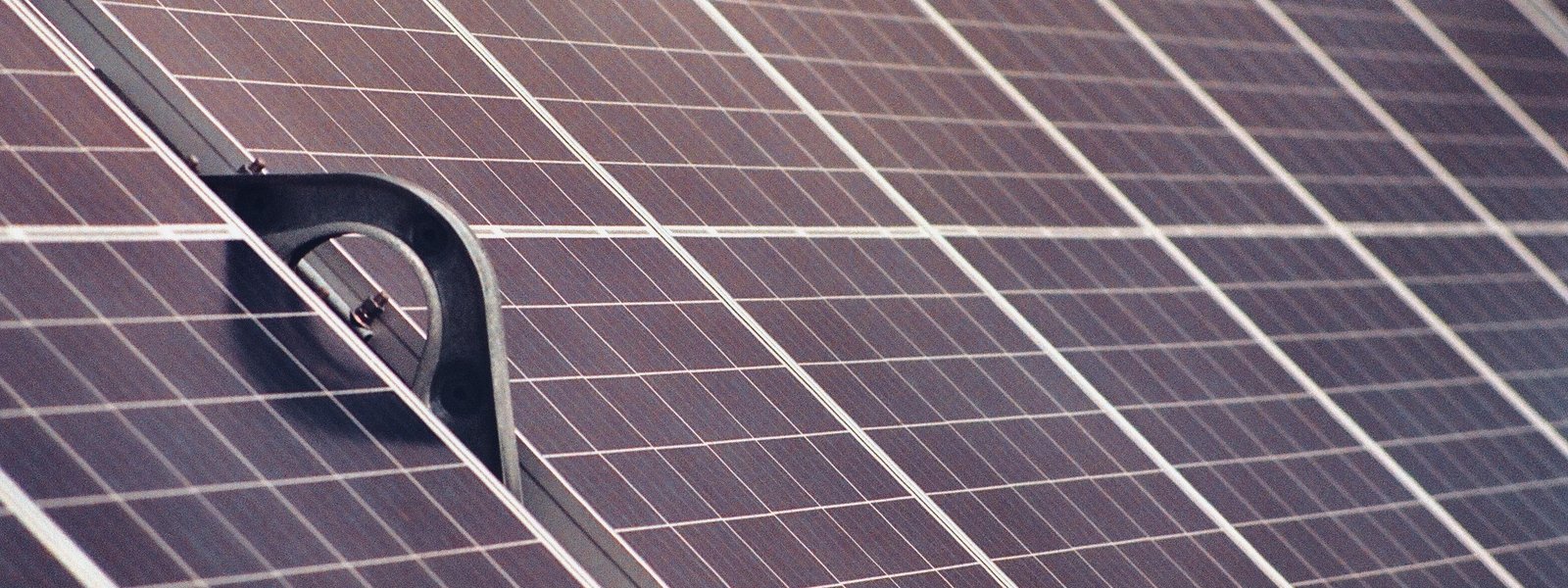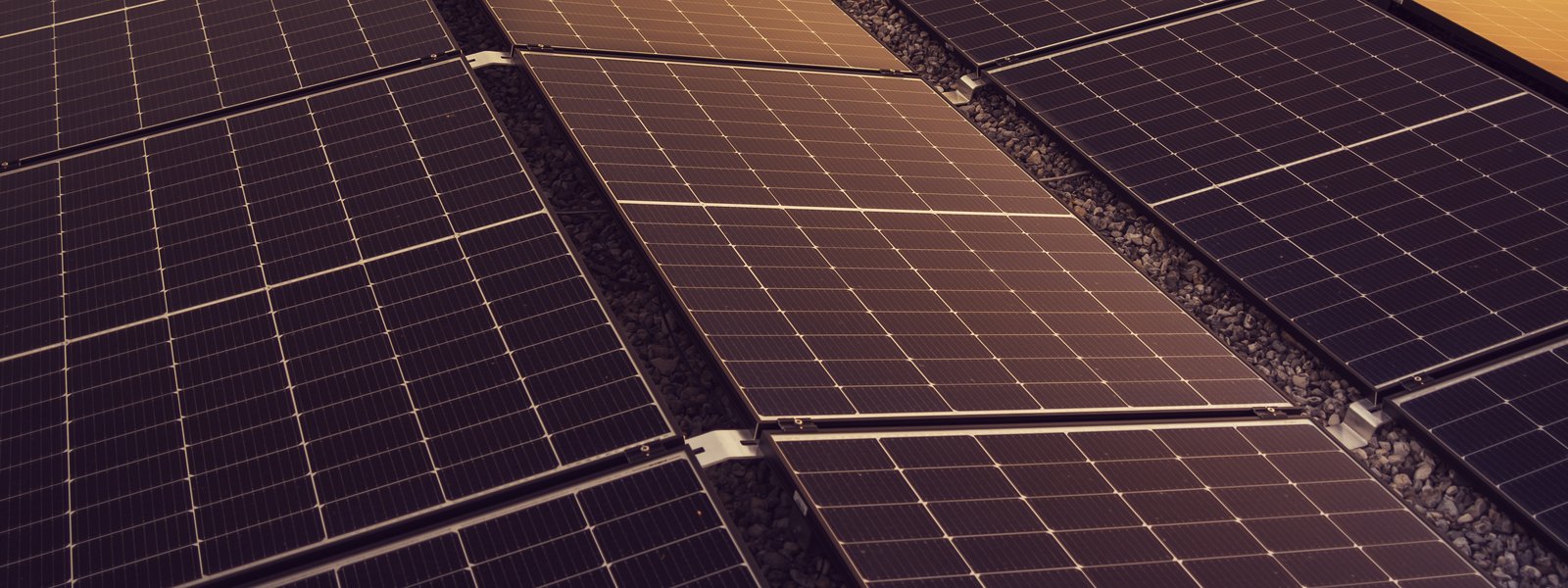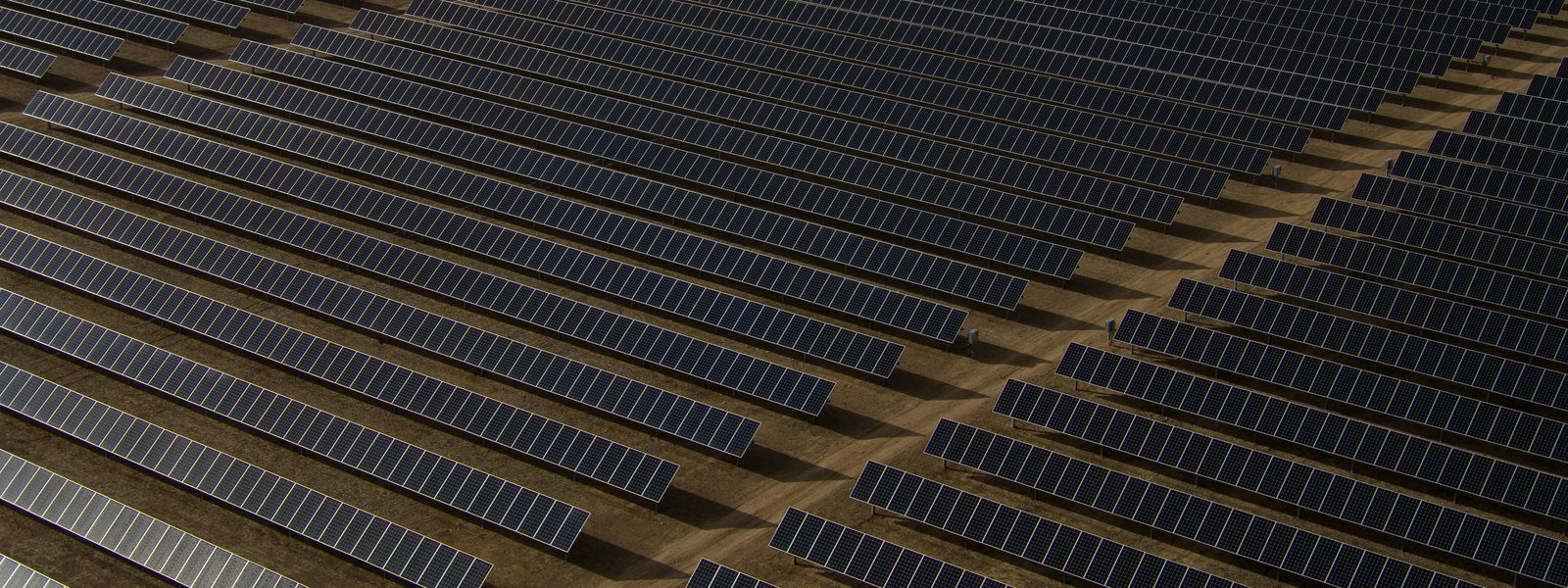Press Release, GSC News
PV + Opportunities for South-South Cooperation: Solar Energy Use for Sustainable Development
NEW REPORT SHOWS PV PLUS TO POWER ECONOMIC GROWTH THROUGHOUT GLOBAL SOUTH
First-of-its-kind analysis from the UN Department of Economic and Social Affairs, the Global Solar Council, and the Chinese Renewable Energy Industries Association shows PV Plus has potential to become the world’s most affordable, versatile, and scalable energy solution for sustainable development
Belém, Brazil (12 November 2025) – Integrated solar photovoltaic (PV) Plus energy systems will unlock the full potential of solar as the world’s cheapest form of energy, according to a report released today by the United Nations Department of Economic and Social Affairs (UN DESA), the Global Solar Council (GSC), and the Chinese Renewable Energy Industries Association (CREIA). The report, “PV Plus: Opportunities for South-South Cooperation—Solar Energy Use for Sustainable Development,” outlines the critical role of PV Plus - the integration of both solar and energy storage into an array of usage models - and comes as policymakers, business leaders, investors and others gather in Belem for COP30 to balance growing energy demand with quality of life and pollution reduction goals.
UNDESA, GSC, and CREIA’s collaboration delivers the first comprehensive assessment of the solar PV industry’s booming growth. With solar PV making up 71% of new global power capacity and global average costs of utility scale solar PV falling by 86% since 2010, solar energy has become the world’s most affordable, scalable, and transformative energy solution, costing on average about 56% less than fossil fuels.

“Solar PV Plus can catalyse sustainable growth across the Global South. It offers scalable opportunities for countries to meet rising energy demand while also advancing climate resilience and local development. We hope this report will support new partnerships and help inform more integrated, cost-effective energy strategies”, said Juwang Zhu, Director of the Division for Sustainable Development Goals at UN DESA.

“We are watching solar graduate from being an energy alternative to becoming the world’s leading source of power,” said Sonia Dunlop, CEO of the Global Solar Council. “By making solar power and energy storage the backbone of our energy systems, we can leapfrog fossil fuels, close the energy access gap for nearly a billion people, and drive unprecedented economic growth in the Global South.”
PV Plus systems are uniquely adaptable to both on-grid and off-grid scenarios according to the report, providing affordable and reliable energy access to underserved communities. These systems are now central to achieving 12 of the 17 UN Sustainable Development Goals, including, climate action, poverty reduction, and gender equality. With 7 million people already employed in the global solar sector and job growth estimated to accelerate 15–20% year over year, the report underscores the crucial role solar PV plays in driving job growth and economic opportunities.

"Solar energy is an inclusive energy source,” said Li Dan, Secretary General of CREIA. “Through global collective efforts, solar photovoltaic (PV) technology has transitioned from specialized applications in space to daily use. Rather than a conventional research paper, this report offers a scenario-based overview of PV applications—showcasing existing ‘PV Plus’ models in production and daily life, and inspiring innovators to explore further possibilities. Over the past two decades, Solar PV efficiency was significantly increased while cost declining at the same time in China through technology innovation and large-scale production, this also facilitates its widespread adoption worldwide. Chinese Renewable Energy Industries Association (CREIA) has taken an important part in this progress and remains committed to advancing the sector. Moving forward, we are dedicated to collaborating with all stakeholders devoted to global sustainability—working together to witness solar power transform the energy landscape and contribute to a better quality of life."
A full copy of the report is available here.
###
About the United Nations Department of Economic and Social Affairs
The United Nations Department of Economic and Social Affairs (UN DESA) is the UN Secretariat entity that supports the development pillar of the United Nations. It advances the 2030 Agenda and the Sustainable Development Goals (SDGs) by providing trusted data, analysis and policy advice, and by servicing intergovernmental processes in the General Assembly, ECOSOC and related bodies.
About the Global Solar Council
The Global Solar Council (GSC) is the united voice of the solar industry worldwide. As a non-profit trade body, our vision is to create a fair and sustainable world with solar at the heart of a new energy economy. Driven by our passion for a cleaner, more just world, we work as a community to ensure everyone’s voices are heard, advocating for swift progress to be made in the battle for the climate. We advise governments on the pressing issues central to the solar transition, including finance, grids, skills, sustainability, and supply chains.
Get involved at www.globalsolarcouncil.org and follow us on LinkedIn, WeChat, X, and Instagram.
About the Chinese Renewable Energy Industries Association
Since its establishment in 2002, the Chinese Renewable Energy Industries Association (CREIA) has evolved from pioneering the commercialization of renewable energy in China to promoting the green and sustainable transition of the energy sector today. CREIA brings together industry leaders to advance sustainable development and global climate objectives. As a key link between governments and enterprises, CREIA works to enhance global collaboration and build a sustainable future for renewable energy.
About the International Institute of Green Finance of Central University of Finance and Economics
The International Institute of Green Finance (IIGF) of Central University of Finance and Economics (CUFE) is an independent and non-profit think tank established in China in 2016. IIGF actively engage with policymakers, financial institutions, and industry leaders to promote sustainable practices and advocate for policies that support green finance development in China and globally.
For any media enquiries, please contact:
Naomi Kelechi Di Meo: [email protected]
Alyssa Pek: [email protected]
![Global Solar Council [logo]](/static/images/gsc-logo-horizontal.svg)